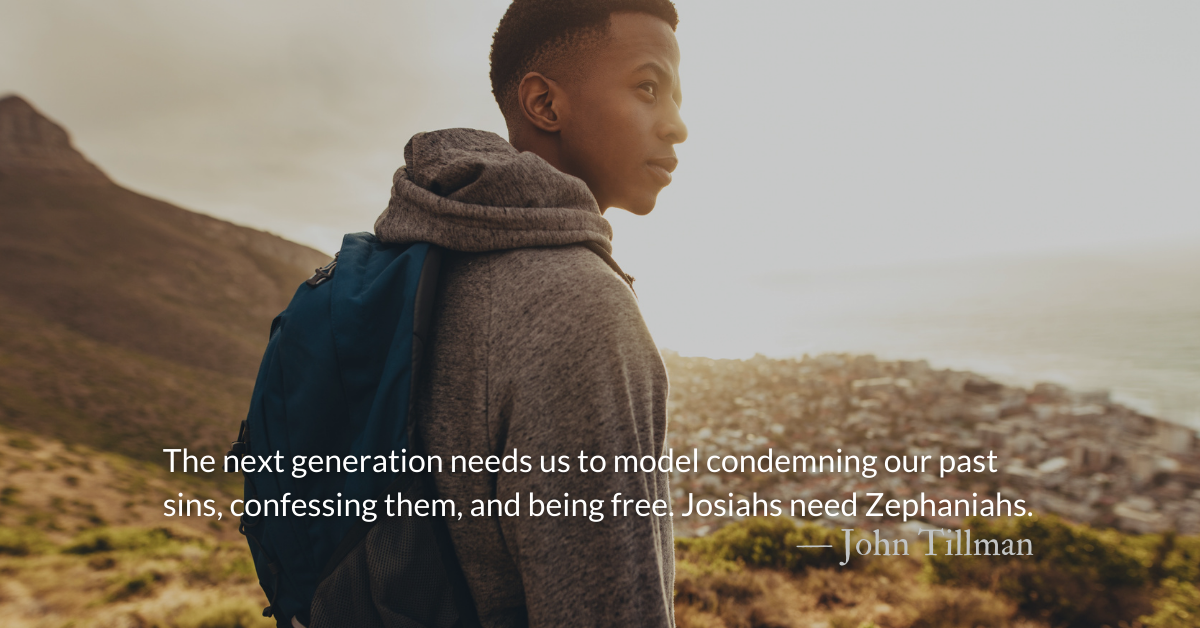Scripture Focus: Zephaniah 2:15
15 This is the city of revelry
that lived in safety.
She said to herself,
“I am the one! And there is none besides me.”
What a ruin she has become,
a lair for wild beasts!
All who pass by her scoff
and shake their fists.
Reflection: City of Revelry
By Erin Newton
If you had to name a current “city of revelry,” what place would you think of first? It could be a city that hosts annual festivals like New Orleans and Mardi Gras or New York City and the Thanksgiving Day parade or Albuquerque and the hot air balloon festival. Perhaps it’s a small festivity like my hometown that hosts a winter wassail fest and a jazz concert weekend.
Amid all the fun, noise, and laughter, it is easy to look at life there and see it as indestructible. We rarely feel our weakness when we are having fun. Revelry can give way to self-reliance. Zephaniah prophesied to Assyria, looking at the city of Nineveh and remarking on her boasting: “I am the one! And there is none beside me.”
The pride of the city was wrapped up in its festivities, feasts, abundance, power, and relative safety. Assyria’s power remained unchecked for a long time. But now Nineveh was destroyed, only to become an uninhabited place and disgrace to passersby.
On a national scale, we have often chanted words similar to Nineveh—words that boast of greatness, might, strength, wealth, and luxury. Even on a local level, we easily scoff at how we are better than others. Seemingly innocent allegiances to universities or sports teams, political parties or celebrities, social agendas or denominational preferences, all these can turn our hearts to boasting our own greatness and belittling everyone who differs from us.
The pride of Nineveh meant she did not rely on God as we know him. She had gods that could be placated when they were angry and manipulated when she needed something. The gods Assyria truly trusted were her weapons and methods of terror. Her motto was to make everyone afraid and, therefore, submissive.
Rarely do we read the Old Testament and imagine ourselves in the place of Assyria. (We prefer to differentiate between them and us.) But our hearts are not so different from Nineveh. We boast in ourselves and trust only in our ease of living—equating that with being undefeatable.
Zephaniah also calls out to Judah—whose capital has not yet fallen in judgment. “Gather together, gather yourselves together… seek humility; perhaps you will be sheltered” (vv. 1, 3).
We have the choice to be like Nineveh, forcibly humbled under judgment, or we can seek humility ourselves and find favor in God’s mercy.
Divine Hours Prayer: The Call to Prayer
Let us make a vow to the Lord our God and keep it; let all around him bring gifts to him who is worthy to be feared. — Psalm 76.11
– From The Divine Hours: Prayers for Summertime by Phyllis Tickle.
Today’s Readings
Zephaniah 2 (Listen 2:44)
Luke 6 (Listen 6:46)
Read more about He Raises Us
Zephaniah calls tenderly, yet urgently, to those who are faithful in the land to respond to God while there is still time
Apply or tell a student!
Join us for #StudentWritersMonth and get #FreeCoaching, seminars by special guests, published work, and a scholarship/stipend.











